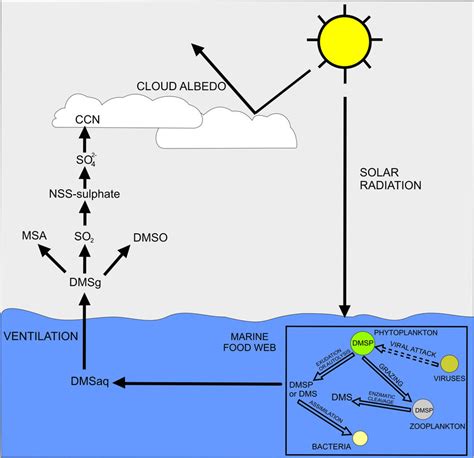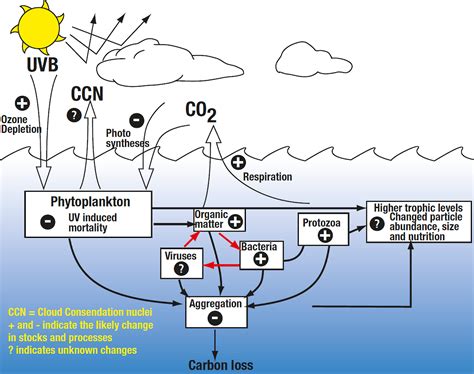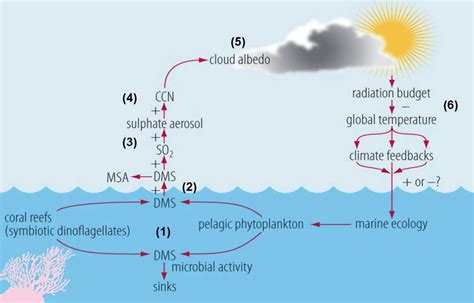Coral reefs, often referred to as the “rainforests of the sea,” play a crucial role in maintaining the health of marine ecosystems. These vibrant underwater structures support an incredible diversity of marine life and provide essential services to coastal communities, including protection against erosion and a source of livelihood. However, dead coral reefs are becoming increasingly common due to the combined effects of climate change, ocean acidification, and pollution. This article uncovers the intricate links between these factors and the rapid decline of coral ecosystems, exploring the dire consequences for marine biodiversity and the communities that depend on these vital habitats.
Explore this topic thoroughly with solaviral.com
1. Overview of Coral Reefs and Their Importance to Marine Ecosystems
Coral reefs, intricate and teeming with life, are built by colonies of minuscule marine animals known as coral polyps. Thriving in warm, shallow waters, these reefs support an astounding diversity of marine species, including fish, mollusks, and crustaceans. Though covering only a mere 0.1% of the ocean floor, coral reefs provide habitat for approximately 25% of all marine life, underscoring their critical role in maintaining the planet’s biodiversity.
Coral reefs provide invaluable benefits to humans beyond their ecological importance. Serving as natural barriers, they shield coastlines from storm surges and erosion, mitigating the effects of severe weather on coastal communities. Furthermore, they support tourism and recreational activities, generating significant economic revenue for many regions. Crucially, coral reefs contribute to carbon cycling and nutrient exchange, playing a vital role in maintaining the overall health of ocean ecosystems.
The health of coral reefs is facing growing threats from human activities and environmental shifts. Recognizing the vital role they play is crucial to understanding the urgency of their preservation. The decline of these unique ecosystems can have widespread impacts on marine life and human communities.

2. Causes of Coral Reef Death: Climate Change, Ocean Acidification, and Pollution
Coral reefs face growing threats from a complex web of interconnected factors, ultimately leading to their deterioration. Climate change stands as a leading culprit, driving rising sea temperatures that trigger coral bleaching. This occurs when corals, under thermal stress, expel the symbiotic algae that provide them with both vibrant color and vital nutrients, leaving behind stark, lifeless white reefs.
Increased carbon dioxide emissions have another detrimental effect: ocean acidification. As the concentration of CO2 in the atmosphere rises, the oceans absorb more of it, resulting in a decrease in pH levels. This acidic environment negatively impacts corals by hindering their capacity to produce calcium carbonate, a crucial component for maintaining their structural integrity.
Agricultural runoff, plastic waste, and sewage pollution worsen the situation. These contaminants introduce harmful nutrients and pathogens, leading to algal blooms that outcompete corals for space and resources. These combined factors create a critical threat to coral reefs, pushing them closer to collapse and jeopardizing the rich biodiversity they support.

3. The Ecological Consequences of Dead Coral Reefs on Marine Biodiversity
The decline of coral reefs has severe ecological repercussions for marine biodiversity. As coral reefs degrade, they lose the intricate habitats they provide for numerous marine species. Many fish, invertebrates, and other marine organisms depend on coral structures for shelter, breeding, and feeding. The loss of these habitats results in a dramatic decrease in biodiversity, as species reliant on healthy reefs face challenges in their survival.
The demise of coral reefs disrupts the delicate balance of the marine food chain. Small fish, which flourish within the intricate coral structures, serve as a crucial food source for larger predators. As these smaller fish populations dwindle due to the loss of their habitat, the entire marine food web suffers. This cascading effect leads to decreased populations of higher trophic level species, including commercially valuable fish, impacting the livelihoods of many.
Furthermore, the deterioration of coral reefs fuels the proliferation of algae, which can overwhelm remaining coral and impede recovery endeavors. This alteration in ecosystem dynamics often favors a smaller number of hardy species, leading to a uniform marine environment lacking the rich diversity found in thriving coral reefs. Ultimately, the ecological repercussions of dead coral reefs transcend marine life, impacting the overall health and resilience of ocean ecosystems.

4. Impact on Coastal Communities and Economies Dependent on Coral Reefs
The declining health of coral reefs has severe consequences for coastal communities and economies that rely on these ecosystems. Many local populations depend on coral reefs for their livelihoods, utilizing them for fishing, tourism, and recreation. As coral reefs deteriorate, fish populations dwindle, leading to reduced catches for local fishermen. This not only impacts food security but also endangers the cultural traditions deeply intertwined with fishing practices.
The demise of coral reefs has a significant impact on tourism, a vital industry for many coastal communities. These communities attract visitors with the allure of vibrant marine life and breathtaking underwater vistas. However, as reefs deteriorate, the appeal of these destinations diminishes, leading to a decline in tourism revenue. This financial loss reverberates throughout local businesses, including hotels, restaurants, and tour operators, creating a cascading effect on their livelihoods.
Beyond their ecological importance, coral reefs act as natural barriers, shielding coastlines from the destructive forces of storms and erosion. Their demise leaves communities more susceptible to extreme weather events, further jeopardizing critical infrastructure and public safety. In the long run, the deterioration of these ecosystems presents a profound threat to the economic well-being and cultural legacy of those who rely on them for sustenance and livelihood.
5. Potential Solutions: Coral Restoration, Mitigating Climate Change, and Sustainable Practices
The decline of coral reefs demands immediate action. One approach involves implementing restoration initiatives. These initiatives, which include replanting coral fragments and establishing marine protected areas, seek to revive damaged reefs and promote biodiversity recovery. Such efforts are often carried out in collaboration with local communities, fostering stewardship and raising awareness about the importance of coral reef conservation.
Coral ecosystems depend on climate change mitigation for their long-term well-being. By reducing greenhouse gas emissions through sustainable energy practices and international collaboration, we can stabilize ocean temperatures and pH levels, thus supporting coral health.
Furthermore, fostering sustainable fishing and tourism practices can ease the strain on coral reefs. Implementing regulations to curb overfishing, coupled with promoting eco-friendly tourism, contributes to the protection of marine habitats while concurrently supporting local economies. By integrating restoration initiatives, climate action, and sustainable management strategies, we can pave the way for a more resilient future for coral reefs and the diverse marine life they harbor, ultimately benefiting both ecosystems and coastal communities.
The decline of coral reefs poses a critical threat to marine biodiversity and coastal communities worldwide. Understanding the interconnected causes—climate change, ocean acidification, and pollution—highlights the urgency of addressing this issue. As coral reefs vanish, the ecological and economic repercussions ripple through ecosystems and local livelihoods. However, by implementing coral restoration initiatives, mitigating climate change, and promoting sustainable practices, we can work towards a more resilient future. Protecting coral reefs is not just about preserving beauty; it’s essential for maintaining the health of our oceans and ensuring the survival of the communities that depend on them.
solaviral.com